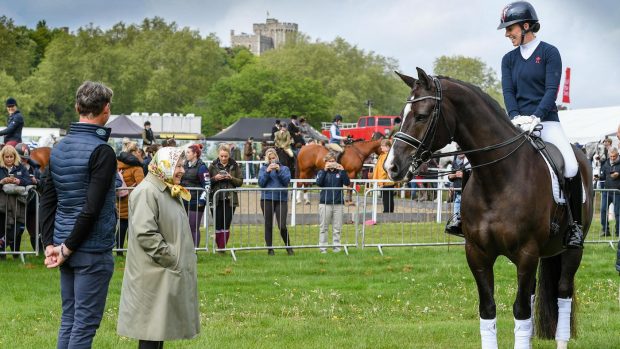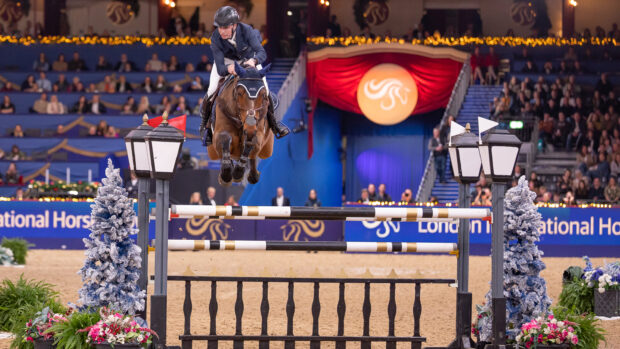Australian showjumper Jamie Kermond has been banned for two years for the use of cocaine, which cost him his place at the Tokyo Games.
In July 2021 Jamie, 36, was provisionally suspended after he returned a positive A-sample for a metabolite of cocaine, following a test conducted by Sport Integrity Australia on 26 June.
Jamie had been due to represent Australia on Yandoo Oaks Constellation in Tokyo, alongside team-mates Edwina Tops-Alexander and Katie Laurie. The team did not have a travelling reserve after Rowan Willis had previously pulled out, and so Jamie’s suspension put the team’s place in jeopardy. But in the end Edwina and Katie were granted permission from the International Olympic Committee to compete as individuals.
Today (3 March) Sport Integrity Australia said Jamie had been banned for the presence of benzoylecgonine (a metabolite of cocaine) and for the use of cocaine.
“Although the 2021 World Anti-Doping Code introduced more lenient sanctions for some illicit drug use outside of competition, in Mr Kermond’s matter it was determined that he used cocaine during the in-competition period, on and/or between 24 June 2021 and 26 June 2021,” read the statement.
“In equestrian sport the in-competition period starts from when an athlete checks in their horse the day before the competition through to the end of the last competition at the event for that athlete. As such, Equestrian Australia imposed a two-year ban on Mr Kermond commencing on 26 June 2021.”
Jamie cannot participate in any sports that have adopted the World Anti-Doping Code until 26 June 2023. He is suspended on the FEI database.
Sport Integrity Australia chief executive David Sharpe said the case was a “stark reminder” to all athletes about the risk of illicit drugs.
“Illegal drugs have no place in an athlete’s life – their use leaves athletes vulnerable to anti-doping violations, health risks, criminal charges and exposes them to the threat of blackmail which increases their risk of being approached for match-fixing,” Mr Sharpe said.
“There is simply no room for these drugs in sport.”
At the time of the positive result last summer, Jame had said the result was “likely” from a “single recreational use” of the drug during a social event, and had no connections with the sport.
“I am extremely upset and remorseful as to what has happened and I accept full responsibility,” he said.
“I am truly sorry as I have let a lot of people down including my family and team-mates. Hopefully one day I can be forgiven for my mistake and make amends through better actions and continued contribution to the sport I know and love.”
You might also be interested in:

Showjumper ruled out of Tokyo after positive cocaine test

Decision made on whether Australian showjumpers can compete at Olympics after team-mate ruled out

Subscribe to Horse & Hound magazine today – and enjoy unlimited website access all year round
Horse & Hound magazine, out every Thursday, is packed with all the latest news and reports, as well as interviews, specials, nostalgia, vet and training advice. Find how you can enjoy the magazine delivered to your door every week, plus options to upgrade your subscription to access our online service that brings you breaking news and reports as well as other benefits.



